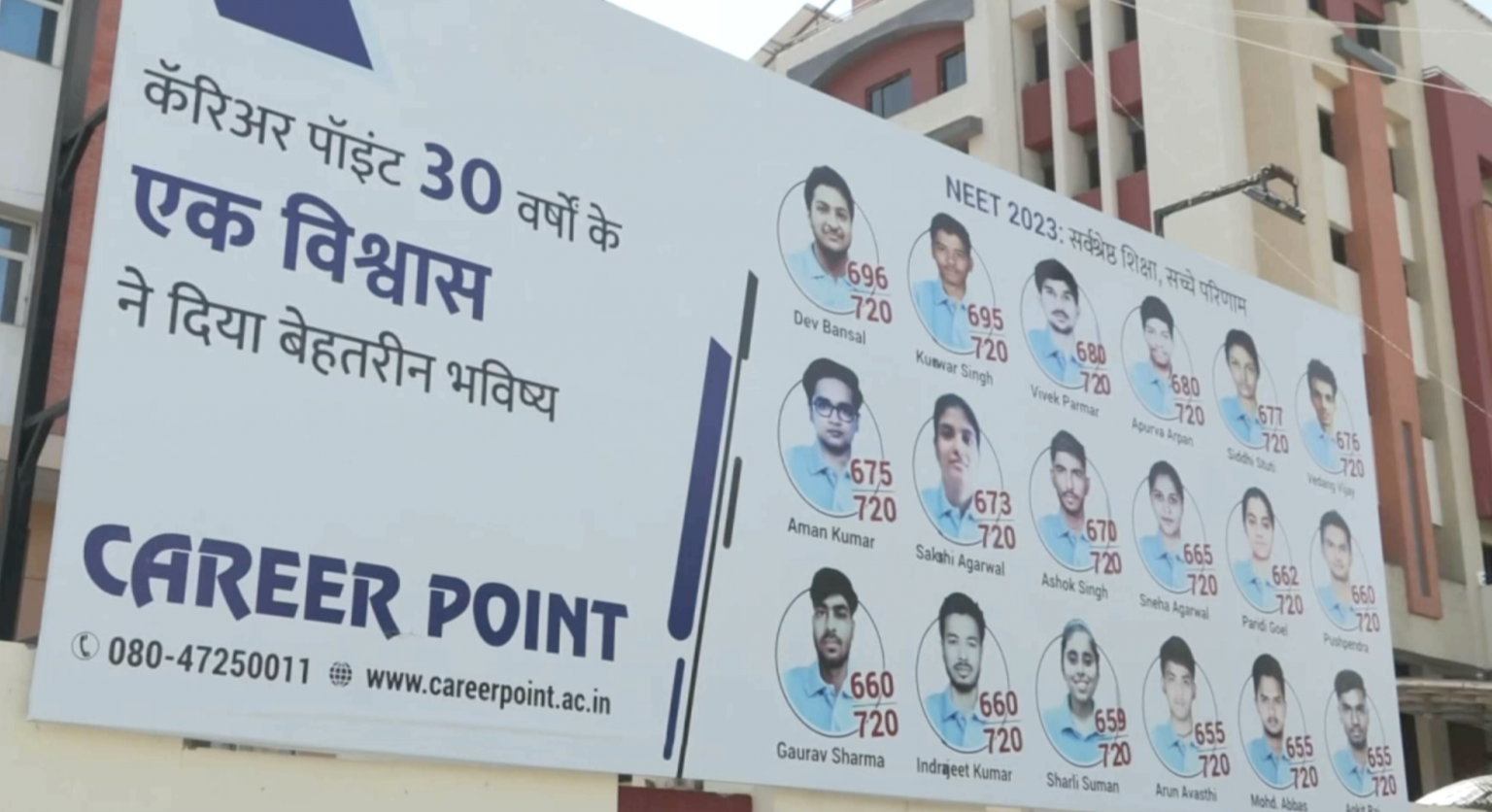Kota in the western state of Rajasthan is famous for producing engineers and doctors. The city is home to more than 40 so-called coaching centers which cater to a quarter of a million students.
Most have their hearts set on a place in the best undergraduate schools, such as the Indian Institutes of Technology whose alumni include Google CEO Sundar Pichai.
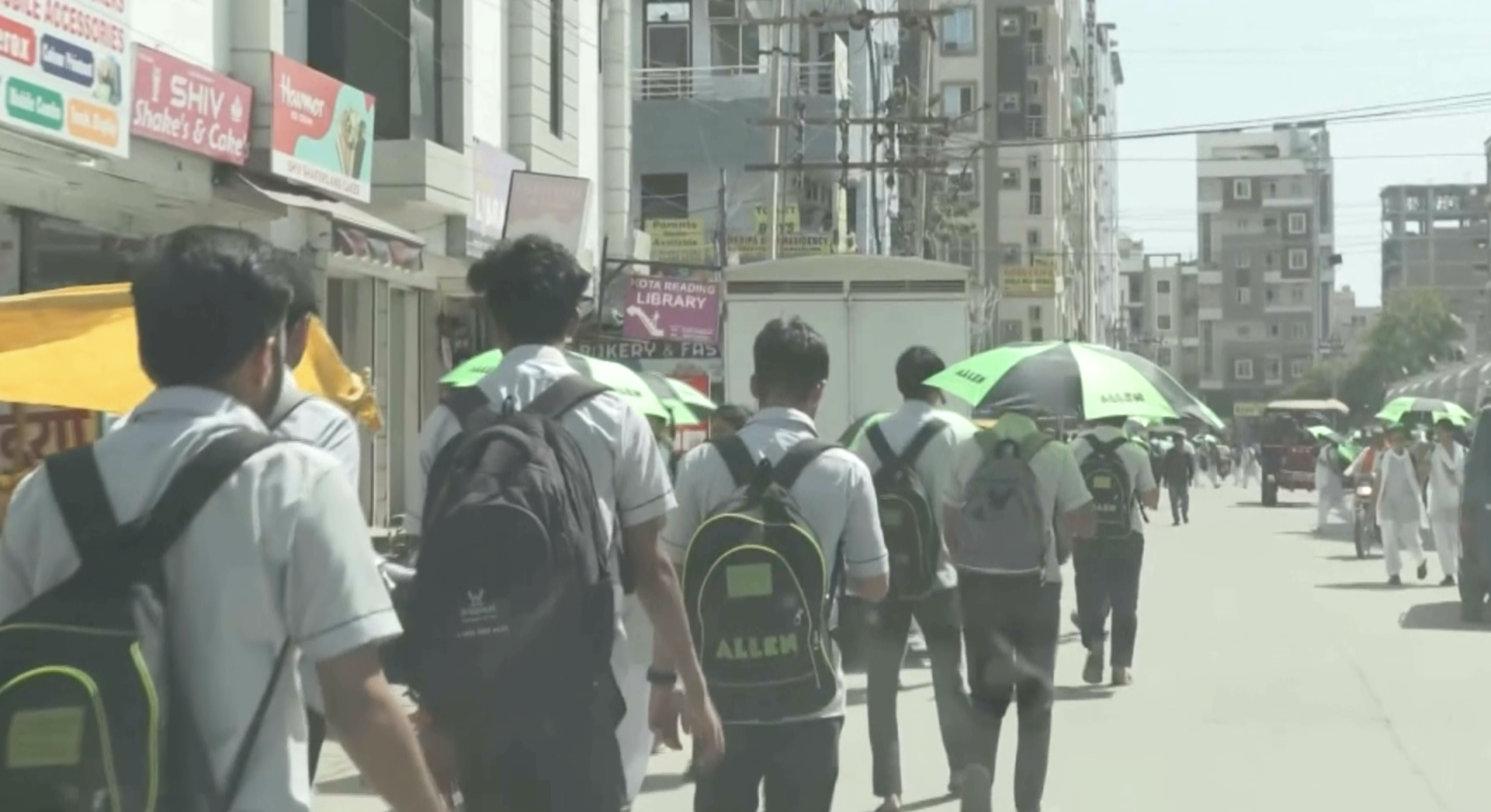
In one of the larger coaching schools, more than 130 students can be found in a single classroom. The teachers themselves are graduates of the nation's top universities.
Aspiring medical student Pratibha Dattri is spending her senior high school year away from home, living in a hostel close to a coaching center where she studies for 11 hours a day.
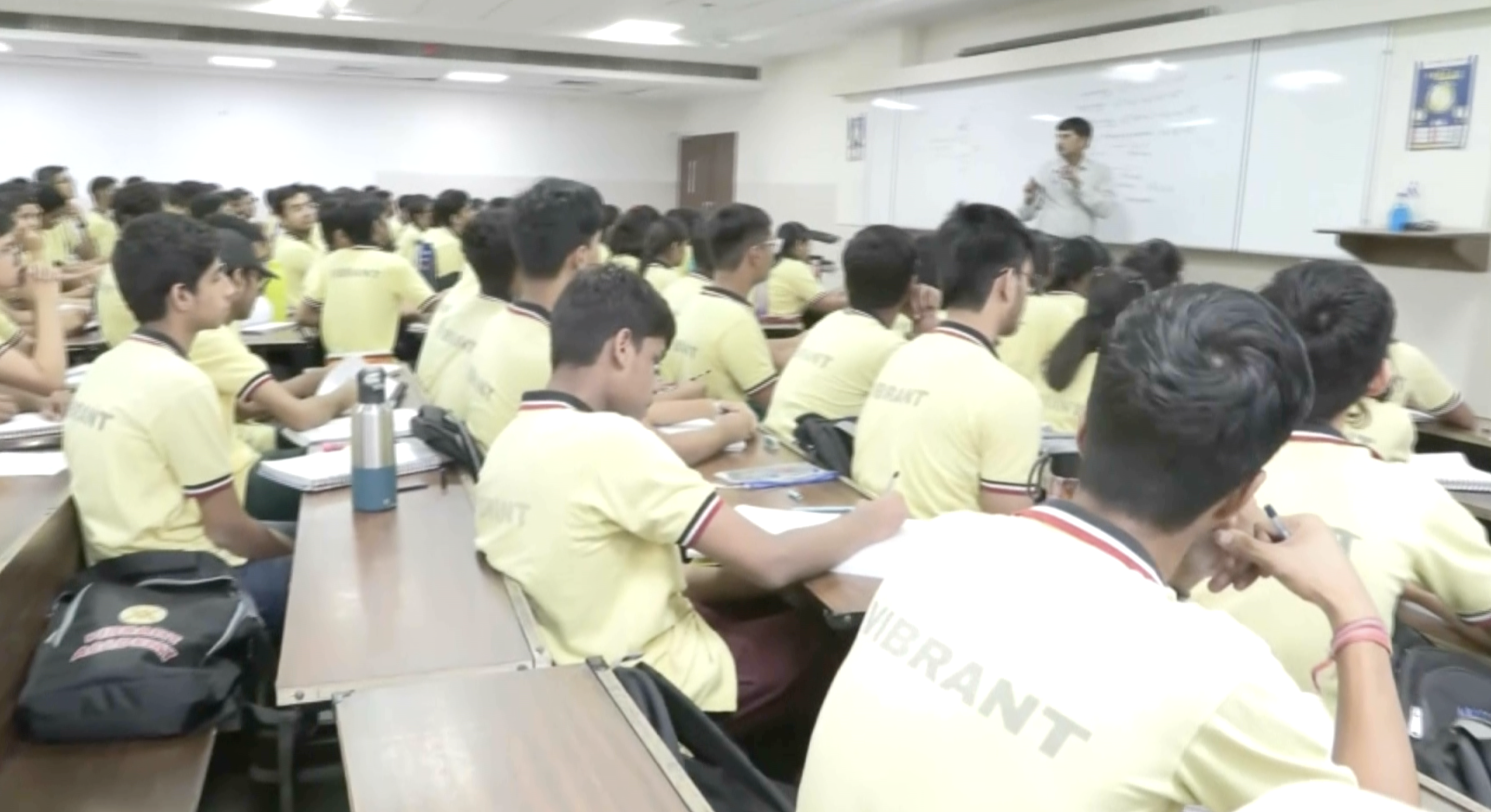
The 16-year-old has a message posted on her wall: "If you fall asleep now, you will dream. If you study now, you will live your dream."
Just like her peers, life is all about focus. "The competition is fierce, but I trust myself, and I will do my best," she says. "It's all a matter of how much I can study."
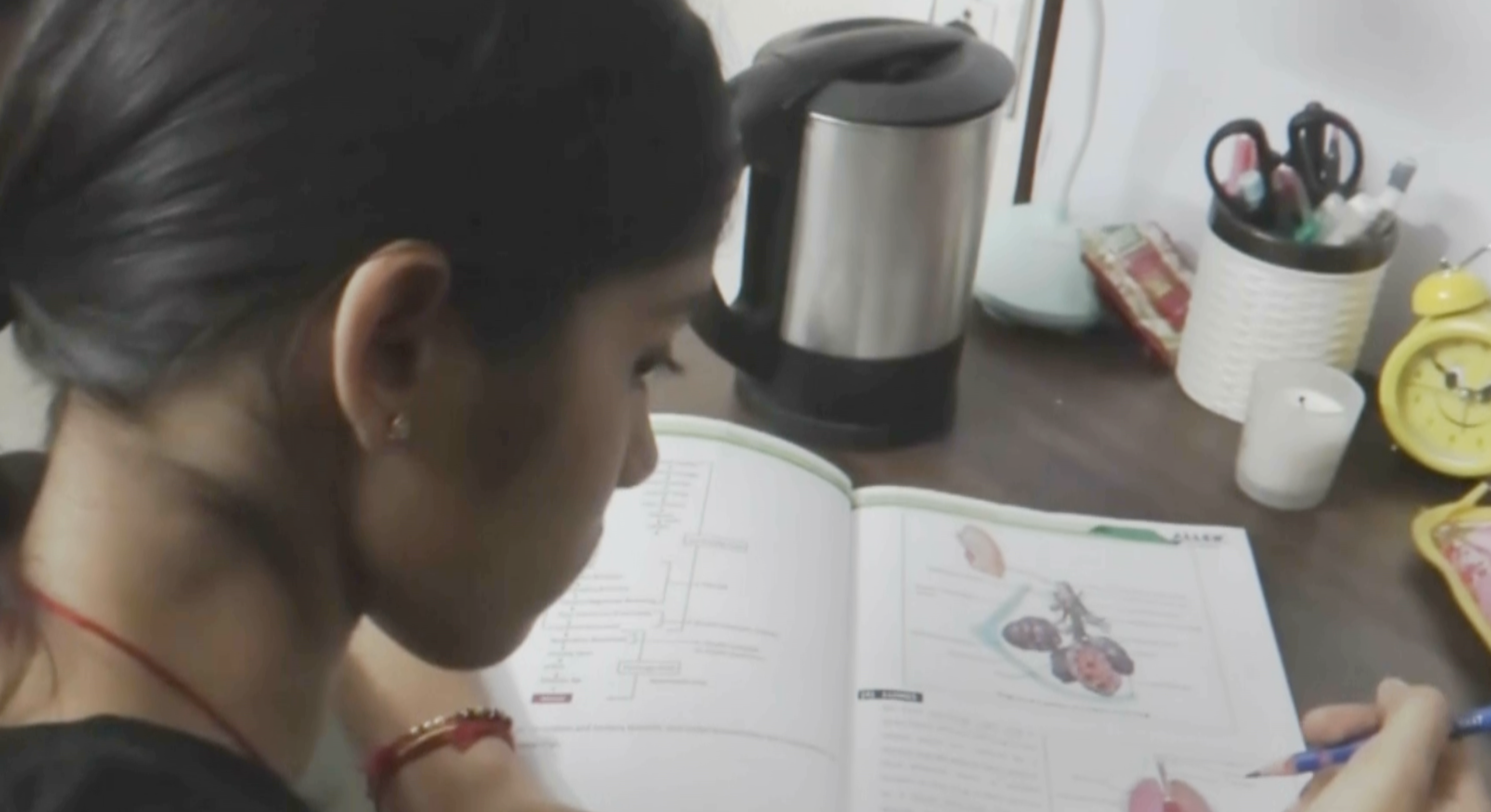
Another student said he desperately wants to get into the IIT to emulate Google's Indian CEO.
Suicides on the rise
But the stress takes its toll, and the consequences can be tragic.
Police say there have been more than 25 student suicides in Kota so far last year. The figure is the highest in eight years, and ten more than the previous year.
Investigations suggest many of the students felt trapped. Local media say one girl left a message lamenting her grades and not having anyone to turn to.
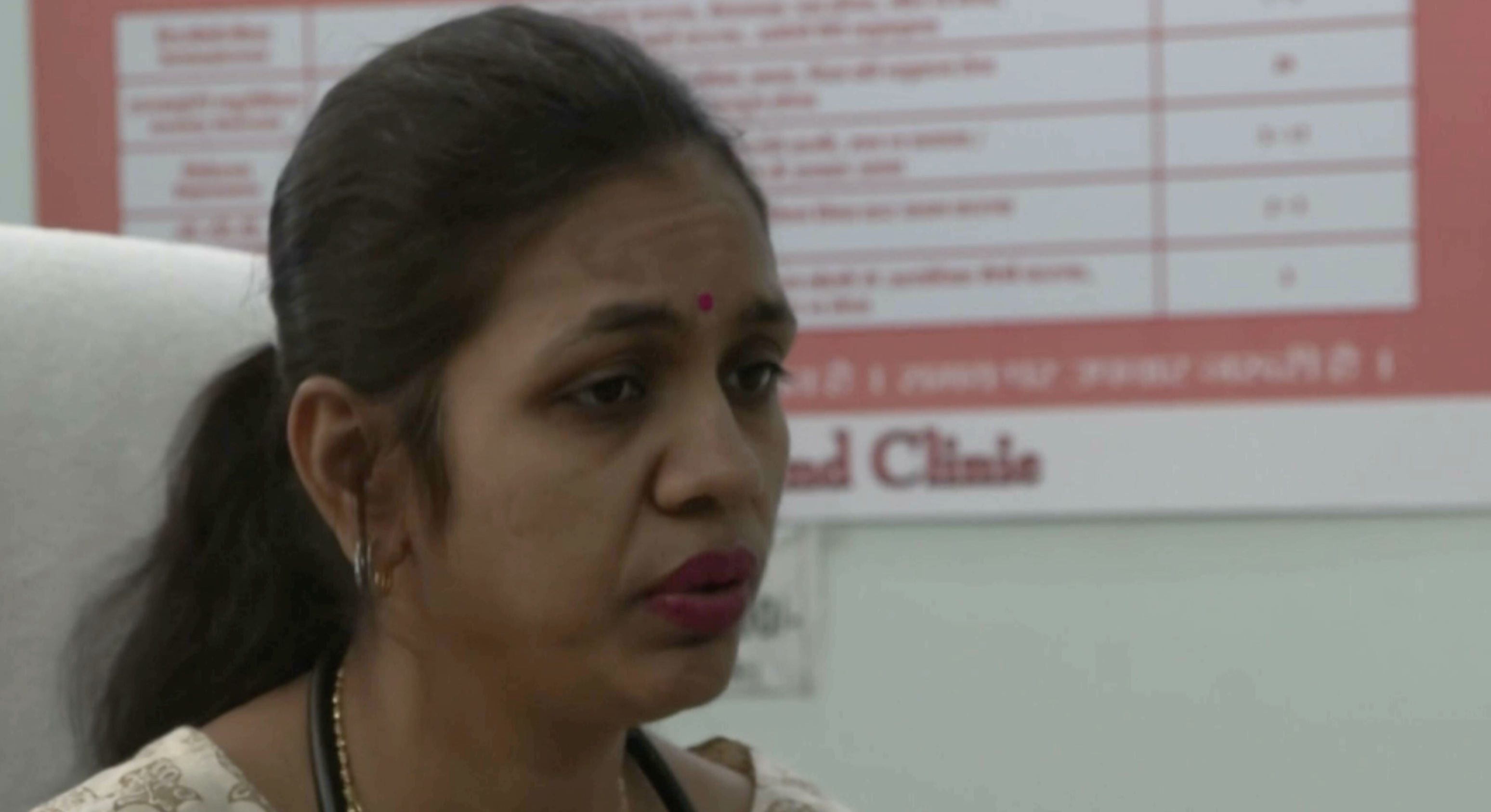
Psychiatrist Neena Vijayvargiya, who offers advice to the students in Kota, says the pressure often comes on three fronts. She cites the psychological challenge of leaving home, the cutthroat competition, and sky-high parental expectations.
She says the mindset of many parents leaves no room for error. "'You are going to Kota to secure your spot. You have to be number one.' But they don't teach their children about failure."
Vijayvargiya also points out that mental health and depression are still stigmatized in Indian society, and finding help can be hard. And she says studying for the entire day leaves no room for socializing or activities like sports.
Police take action
In June last year, the local police formed a special team to keep track of the students. The members, who were picked because they have their own families, visit the hostels to look for any warning signs.
The work includes asking the children if they have insomnia or struggle to maintain a healthy appetite, and urging them to call a dedicated hotline at any time.
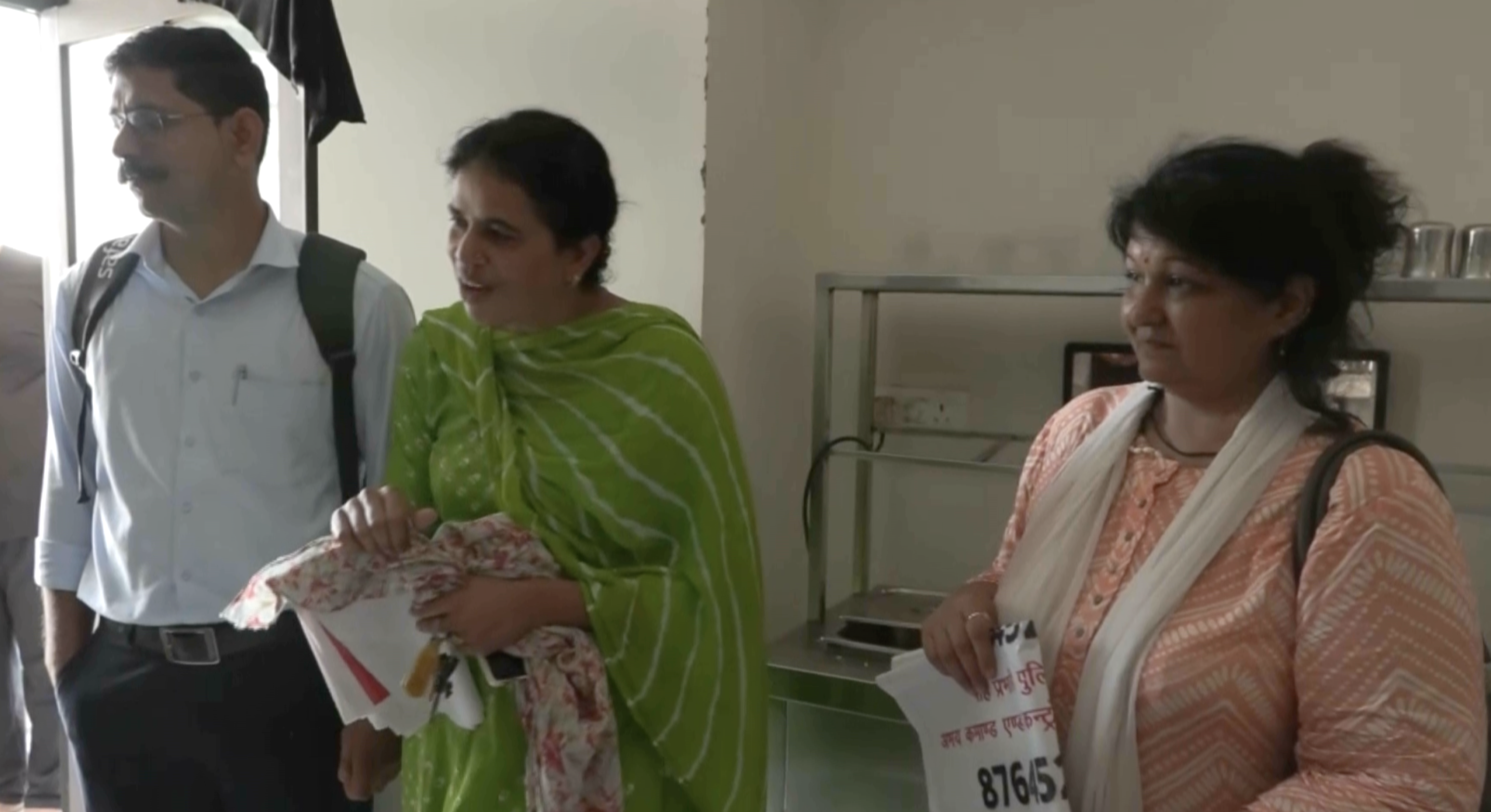
Assistant superintendent of the Rajasthan Police, Chandrasheel Thakur, says the team receives about six distress calls per day. Often, two or three will be an emergency.
"We are trying to save the bright young minds who come to Kota," he says, adding that the calls tend to spike in the wake of a suicide among the students' ranks.
The coaching schools are also trying to stem the crisis.
Clinical psychologist Vinayak Pathak holds a special class twice a week about emotional wellbeing.
"Do you like being compared to others?" he asks.
"No, I don't want to be compared to adults," says one female student.
"I want you to remember that you will grow and blossom," says Pathak. "Nobody can be compared with others. Everyone is special."
The students break out into applause.
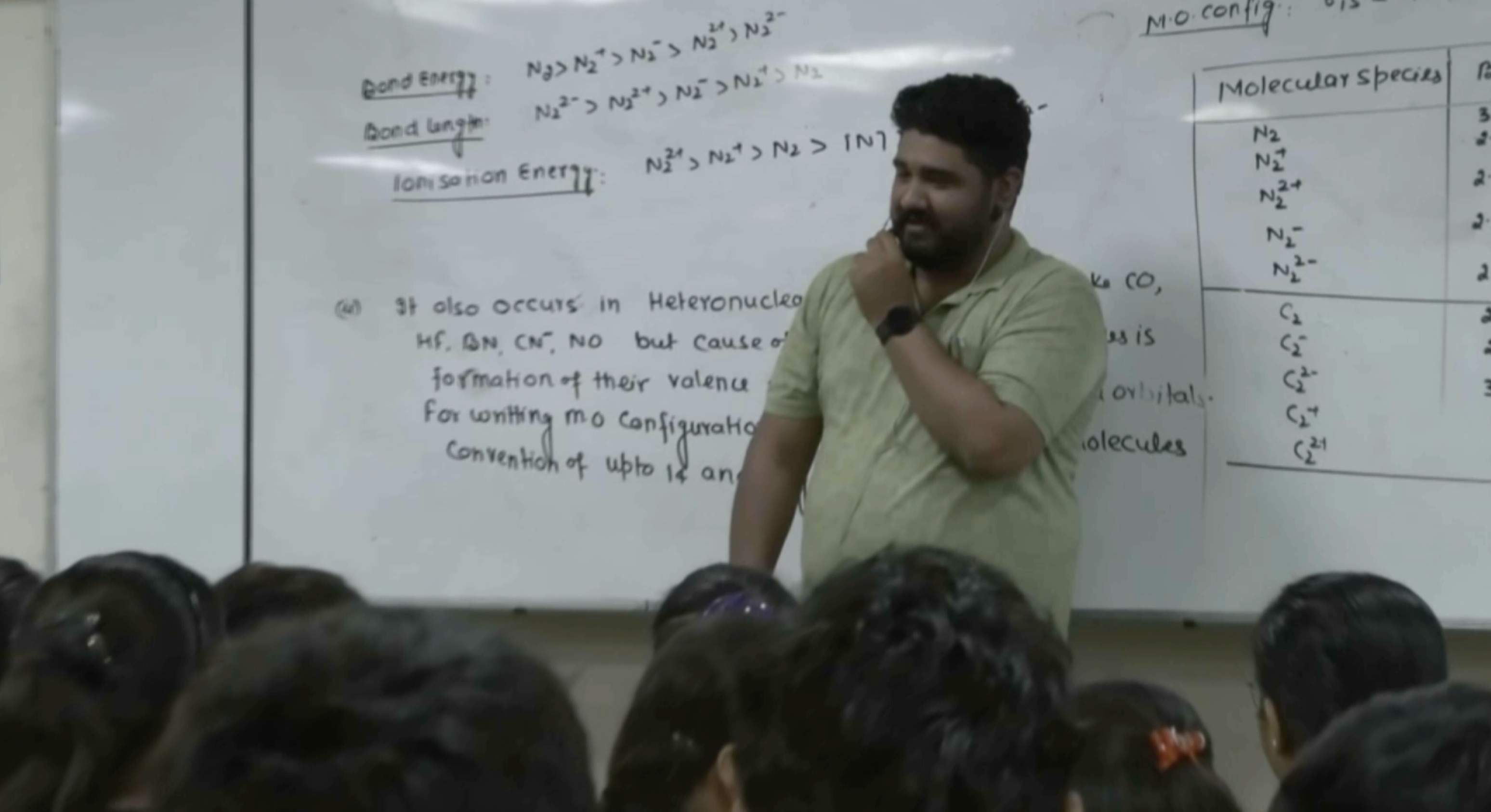
Pathak is passionate about making a difference, and easing the burden on their young shoulders. "I aim to help the students be more resilient. It's OK to fail. You can try again."
But people like Pathak have their work cut out.
India has more than 250 million citizens aged between 15 and 24. The number of students taking university entrance exams is rising every year, and that means the competition will only grow more intense.
